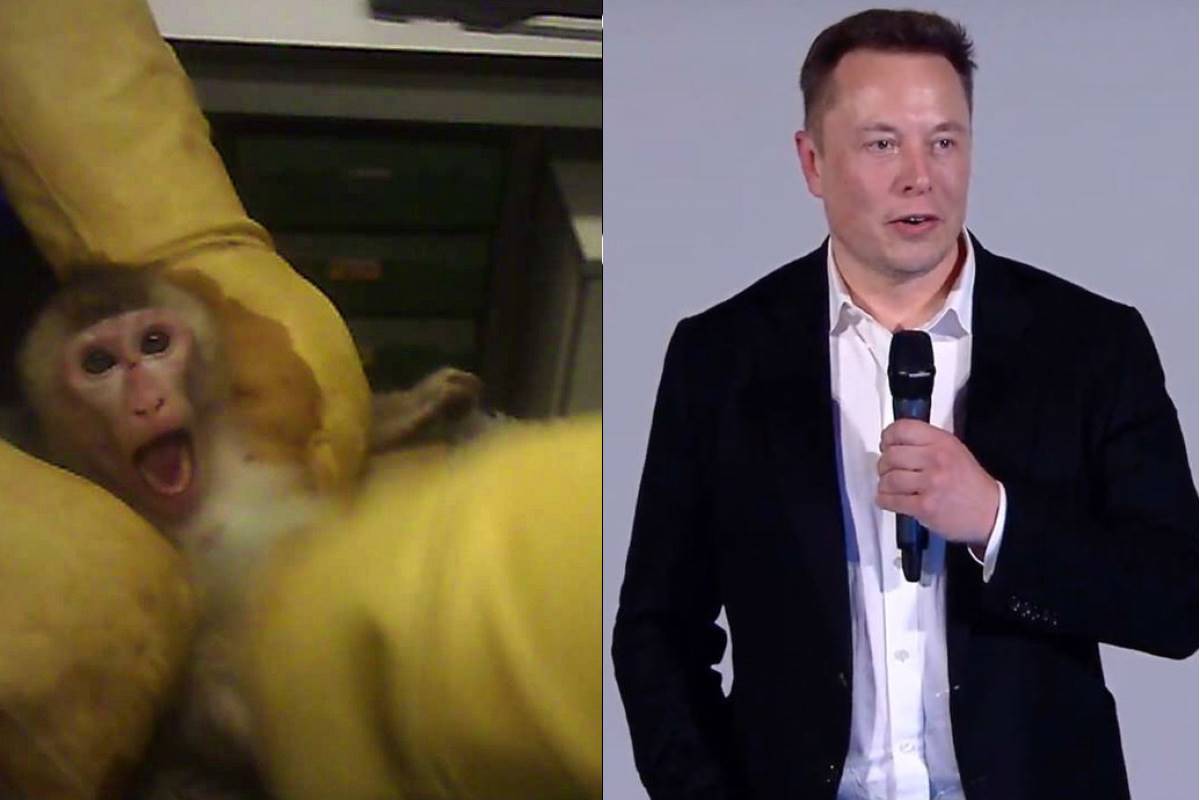Heavy snowfall in South Africa has left hundreds of motorists stranded on major highways, particularly the one connecting Johannesburg and Durban. The snowstorm covered the eastern region and caused severe damage. Now there is fear of its dissolution

@Africa Facts Zone/X
A rare heavy snowfall fell this past weekend on the eastern coast of South Africa, bringing to a standstill traffic on the country’s main highway, the N3, between Johannesburg and Durban.
Coming after the snowfalls in July, which had been quite exceptional, this freak snowstorm has left many people shocked. It has killed two people because of hypothermia and shut down some of the important highways in the country. Indeed, this recent weather phenomenon is unplanned for; snow at this time of the year is a big surprise.
Provinces worst hit by the storm
The most affected provinces by the storm were KwaZulu-Natal and Free State. Officials warned that some areas could face flooding when snow eventually thaws. Many farmers reported their crops had been buried under the snow for two days.
In #SouthAfrica, hundreds of cars were trapped in snow on the Durban-Johannesburg highway due to snowfall in the Free State and KwaZulu-Natal provinces.
For more info about what is going on with our #planet
watch the forum Global Crisis. The Responsibility. pic.twitter.com/ETLpZFH9AZ
— Alex Terry (@AlexTerry17482) September 21, 2024
The emergency personnel, who worked around the clock, towed dozens of trucks and other vehicles stranded in the snow, while others distributed food and hot drinks to drivers who had been stuck for hours.
It is snowing in South Africa. There is snowfall in Eastern Cape, KwaZulu Natal, Free State and Gauteng. pic.twitter.com/Oi257NXYtA
— Africa Facts Zone (@AfricaFactsZone) September 21, 2024
It rarely snows in some parts of South Africa. This, the charity Glen Garriff Conservation says, is the first time since 1996 that this part of the country, where they’re based, around Harrismith, has seen a snowfall like this.
SNOW
in South Africa. Our guys say 1996 was the last heavy snowfall here. Wow.. the lions looked beyond stunning in this Winter Wonderland landscape. What a privilege to witness this highly unusual occurrence in Africa.
pic.twitter.com/iRarBijQpv
— @ggconservation (@gglionsNPC) September 21, 2024

